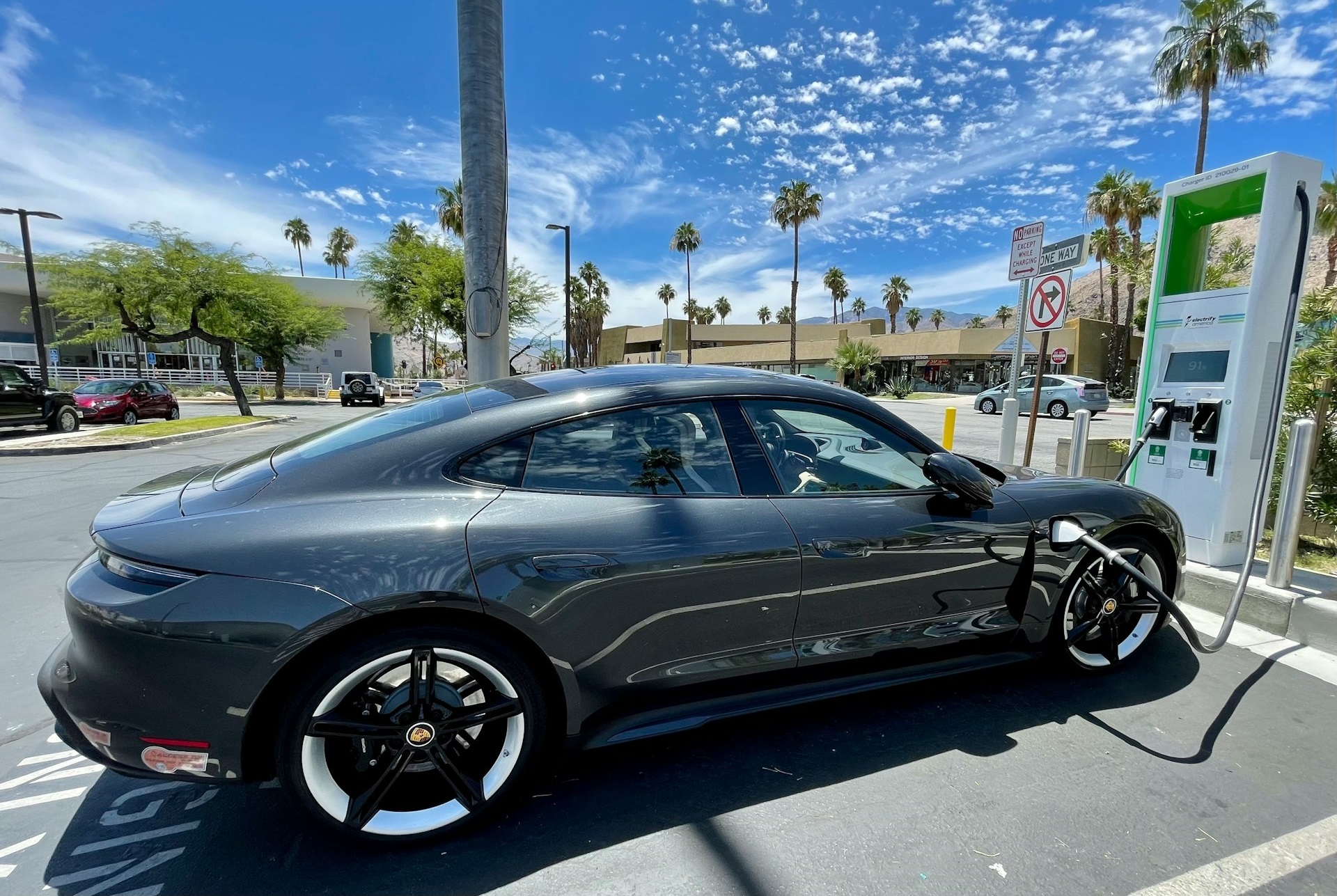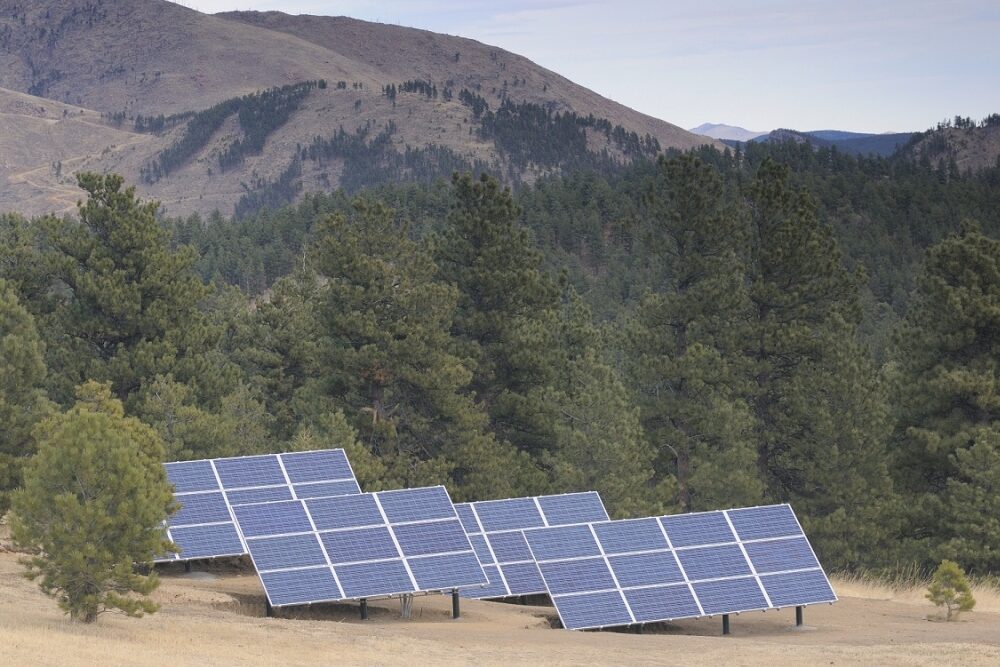Clive Thompson
Seen in WIRED https://www.wired.com/story/after-going-solar-i-felt-the-bliss-of-sudden-abundance/
My rooftop panels showed me that a world powered by renewables would be an overflowing horn of plenty, with fast, sporty cars and comfy homes.
I used to worry about using too much electricity.
If one of my family members left their bedroom and forgot to turn off the air conditioning? I’d snap at them: “What, you want the planet to cook extra fast?” If I found lights left on overnight, I’d fume.
Reader, I was insufferable. In my defense, I’d been worrying about climate change ever since Jim Hansen’s 1988 landmark congressional testimony about it. With every cool blast of AC, I knew more carbon was being dumped into the atmosphere. So I turned into an energy miser. I’d go around the house turning lights off; if no one else were home, I’d leave the AC off entirely, even on blazingly hot days.
But then, three and a half years ago, something happened that changed my entire psychology around electricity: I installed solar panels on my house.
I quickly found myself awash in more energy than I could use. The installers had predicted the panels would produce 100 percent of what my household needed. (Since battery systems aren’t yet legal in Brooklyn, New York, where I live, any surplus I generated during sunlight hours would get sold to the grid, and I buy energy back at night.)
But the installers underestimated: It turns out I generate a lot of net surplus. According to the “smart meter” that my utility installed, in a 24-hour period my house frequently generates 25 percent more juice than I need, even on a hot summer day. On sunny spring and fall days, it’ll crank out 50 percent more than I use. I’m saving about $2,000 a year, so I’ll amortize the cost of the array in seven years; then the electricity is damn-near free.
It’s had a fascinating effect on me: I’ve stopped worrying about electricity use, both economically and ethically.
I no longer walk around finger-wagging at my family members. Want to blast the AC? Crank away. It’s coming from the sun, and I can’t use all that electricity even if I try. And I’ve tried! I’ve charged an electric bike, run multiple loads of laundry, had many computers and a game system and a TV going, and still those panels were kicking out a net surplus. I’ve idly thought of running a power strip out to the sidewalk with a sign saying “FREE ELECTRICITY,” just to be the Johnny Appleseed of solar.
In essence, I went from a feeling of scarcity to a sense of abundance.
And it occurs to me that this is, really, an emotional shift we ought to foreground when we promote renewables.
Right now many people are doubtful about solar and wind. Thanks (in good part) to fear-and-doubt messaging from Republicans and fossil-fuel interests, renewables are too often associated with privation and rationing—needing to be an efficient-but-miserable hippie instead of gunning the motor and having fun. “Most people believe a clean-energy future will require everyone to make do with less,” as the inventor and energy thinker Saul Griffith points out in his book Electrify: An Optimist’s Playbook for Our Clean-Energy Future.
Yet when I talked to other folks who’d put solar on their roofs, most had precisely the same epiphany I’d had: They realized they had way more juice than they expected. And it had the same emotional effect—going from feeling guilty and weird to devil-may-care.
Consider the case of Christopher Coleman. A digital artist who teaches at the University of Denver, he uses massive amounts of power—sometimes running a computer full-tilt for a day and a half to render a single piece of digital art. “It really burns the GPU. My computer’s going 24/7,” he says. If he were relying solely on greenhouse-gas-producing sources, he’d feel unnerved by these energy demands. But his household’s solar array is so productive it covers his entire outlay.
“We’re much more lax and comfortable,” he says.
I polled my Twitter followers, asking whether having residential solar panels had changed anyone’s relationship to their energy use. The majority said it had given them a similar thrill of abundance—and many joked about blasting the air-conditioning without a second thought.
“We have these 90-degree days, now and I walk in and the house is cool and I smile and I go ‘I don’t care,’” says Sandy Glatt, another Denver resident.
Many also told me they’re shifting their energy usage to daytime hours, so they can use all those photons themselves instead of handing them off to the grid (where, alas, we often get ripped off by our utilities, who buy our electricity at a cheap rate and sell it back to use more dearly). So they’re charging Teslas and running all their major appliances during the day, and installing electric water-heaters to generate a full day’s worth of hot water while the sun shines.
Solar installers typically find that after a household gets panels, “their energy use goes up,” says Charlies Collier, a solar-installation project manager with Imperial Solar.
Given all the political barriers that renewables face, it might seem weird to talk about their emotional impact.
But emotion drives politics. This is why some renewable advocates are now trying to tout—as loudly as possible—that a world powered wholly by renewables would be an overflowing horn of plenty, with fast, sporty cars and comfortable homes.
“It’s the abundance agenda,” Griffith says. In Electrify, he argues that a massive build-out of solar, wind, and storage mechanisms (including millions of electric cars, doubling as batteries) would make renewables reliable while also being much cheaper than what we now pay for fossil-fuel-produced electricity.
He has already seen a glimpse of it in his homeland of Australia, where 30 percent of houses have solar, and the arrays cost barely a quarter of what I paid for mine. Things could be as cheap here in the US, Griffith notes, if towns reduced red tape (zoning laws and building codes, mostly) and states reformed their rules on liability and connecting to the grid. The price barriers in the US aren’t labor or materials: “It’s all about regulations,” he says. “It could change quickly if people wanted it to.”
We should. Because take it from me: It’s fun.


